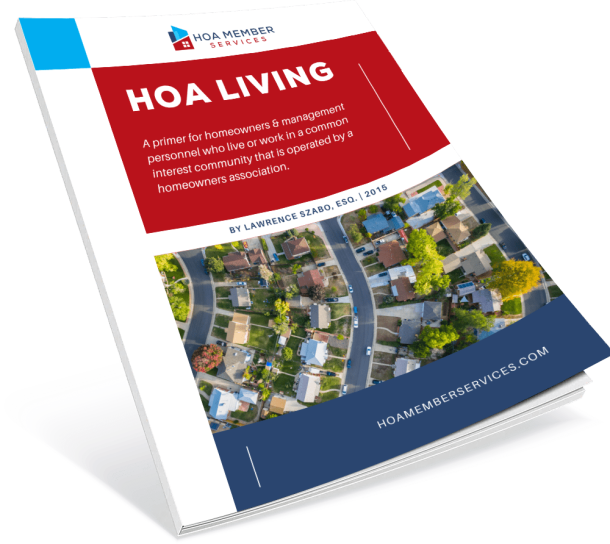Have you ever come home after a long day, only to find your favorite parking spot taken, your neighbor’s car spilling over into two spaces, or a guest vehicle mysteriously blocking your driveway? Frustrating, isn’t it?
Parking woes in HOA communities are a tale as old as time. That’s why HOA parking rules exist: to keep the peace, avoid unnecessary drama, and make sure your community feels like home, not a daily episode of Parking Wars.
In this guide, we’ll cut through the legal jargon and HOA lingo to give you straightforward, actionable insights. You’ll learn:
- Why parking rules matter for keeping harmony and property values intact.
- The most common types of HOA parking restrictions and how they’re enforced.
- How to handle disputes or violations without losing your cool.
By the time you finish reading, you’ll be equipped to navigate your community’s parking landscape with confidence. So, let’s get into the fine print.

Why Do HOAs Have Parking Rules?
So why does your homeowners association (HOA) care so much about where you park? Well, it’s not just about rules for the sake of rules — it’s about keeping things fair, organized, and looking great.
Here’s the scoop on why these rules exist and what happens without them:
Purpose of Parking Rules
- Ensuring fair use of space: Everyone pays to live in the community, so it’s only fair that everyone gets an equal shot at parking. Rules prevent the scenario where one household takes up all the visitor spots, leaving others scrambling.
- Maintaining community aesthetics: A neighborhood full of cars parked on lawns or stuffed into every nook and cranny doesn’t exactly scream “well-kept community.” HOAs want to preserve that clean, welcoming vibe that attracted you to the neighborhood in the first place.
- Avoiding chaos: Imagine cars blocking fire lanes, taking up two spots each, or parking wherever they feel like it. That’s a recipe for stress, frustration, and potentially some unsafe situations.
What Happens Without Parking Rules?
Now, let’s picture a world where there are no parking rules. At first, it might seem nice to park wherever you want, but things could go wrong real quick.
Here are some examples of HOA parking problems:
- Overcrowding: When parking is unregulated, some residents might store multiple vehicles in shared spaces, leaving others without a spot. Suddenly, your street looks more like a packed concert lot.
- Blocked driveways: Imagine being late for work because someone decided your driveway looked like a good parking spot. It’s an inconvenience that’s all too common in areas without clear parking rules.
- Disputes: Who gets to park where? Without clear guidelines, everyone’s bound to have their own “rules,” which can lead to arguments.
It’s About Finding the Right Balance
Here’s the thing: parking rules aren’t meant to strip you of your freedom. They’re there to strike a balance between letting you enjoy your home and keeping the community livable for everyone.
It’s all about compromise — making sure everyone has space without turning the neighborhood into a free-for-all.

Common HOA Parking Rules
Here’s a closer look at some of the most common parking rules you’ll likely encounter, broken down in plain terms:
1. Guest Parking
Hosting friends or family? Make sure to check your HOA’s guest parking rules. Many HOAs have designated guest spots, but they might also come with time limits or require permits. Some communities even track how often you have visitors using these spaces.
It’s all about ensuring that your guests don’t unintentionally hog the spots meant for everyone. Before planning that big weekend gathering, it’s a good idea to check what’s allowed — you don’t want your guests’ cars getting towed!
2. Assigned vs. Open Spaces
Many HOAs assign parking spaces to specific units, which can be great if you always want your spot available. But in communities with “open parking,” you’ll find first-come, first-served rules apply. It sounds flexible, but it can get really competitive, especially during peak hours.
3. Street Parking Restrictions
Can your HOA restrict parking on public streets? Yes, in many cases. HOAs have agreements with local authorities that allow them to restrict or even ban street parking within the community. Why? It’s not just about aesthetics (although a clutter-free curb does look nice).
It’s also about safety — ensuring emergency vehicles can get through and avoiding congestion that frustrates everyone. While it might seem over the top, these rules usually aim to keep things running smoothly for all residents.
4. Commercial and Oversized Vehicles
Have a work truck or an RV? You might have to park it somewhere else. Most HOAs have strict rules about commercial vehicles, oversized trucks, boats, or trailers being parked in the community.
It’s not because they have something against your camper van — it’s just about maintaining a clean, residential vibe. Think of it this way: no one wants to feel like they’re living in a storage lot or a worksite.
If you own one of these vehicles, you’ll likely need to find off-site storage or a private parking arrangement.
How Are Parking Rules Enforced in an HOA?
Now, what happens when someone parks where they shouldn’t in an HOA community? It’s not as simple as slapping a ticket on the windshield and calling it a day. There’s a whole process to keep things fair while maintaining peace in the neighborhood.
Here’s how it usually works:
Typical Enforcement Methods
- Warning Letters: Most HOAs start with the lightest touch — a polite warning letter. It’s their way of saying, “Hey, we noticed this; could you fix it?”
- Fines: If the problem doesn’t get fixed, fines might come next, which tend to grab attention.
- Towing: In the most extreme cases, towing becomes the last resort. Nobody likes their car disappearing, so most people fix the issue before it gets to that point.
Role of HOA Boards
The HOA board acts as the referee. They set the parking rules and make sure that they aren’t just written down but actually followed. They oversee enforcement, decide on appropriate actions, and ensure everyone is treated fairly.
It’s not always an easy job, especially when emotions run high, but it’s a necessary one to keep shared spaces orderly and accessible.
Key Tools To Get Parking Under Control
HOAs often have a few tricks up their sleeves to manage parking effectively. You’ve probably seen permits or parking passes hanging from rearview mirrors — that’s one common method.
Some HOAs even use digital systems to track who’s parking where. These tools aren’t about being invasive; they’re there to make sure residents and their guests have the spots they need without things getting messy.
Fairness and Communication
No one likes feeling singled out, especially when it comes to their car. That’s why fairness is so important. HOAs that are transparent about their rules and communicate the reasons behind them tend to face less resistance.
A quick email or community meeting to explain why a rule exists — like keeping emergency access lanes clear — can turn grumbles into understanding. And treating everyone the same, no matter how long they’ve lived there or how well they know the board, is non-negotiable.
What Homeowners Need to Know
Let’s have a look at everything you need to stay ahead of the game and avoid parking pitfalls:
1. Understanding Your HOA Documents
Your HOA’s governing documents are like the playbook for your neighborhood. These are usually called the CC&Rs (Covenants, Conditions, and Restrictions) or the Rules and Regulations. Sound boring? Maybe, but that’s where the parking rules live.
Whether it’s restrictions on guest parking, overnight stays, or even what type of vehicle you can park, it’s all in there. Take the time to read these sections carefully — sometimes, the tiniest rule can lead to the biggest headaches.
2. Your Rights
Ever feel like a parking rule just doesn’t make sense? Maybe it feels outdated or overly strict. You’re not alone. The good news is, you have rights as a homeowner. If you think a rule is unfair or being enforced inconsistently, don’t stay silent.
Review your HOA’s dispute process — it’s probably outlined in the same documents we just talked about. Most HOAs also allow you to raise concerns during board meetings. These are great opportunities to address issues directly with decision-makers.
3. Dealing with Violations
Got a notice about parking in the wrong spot or leaving a car too long? Here’s how to handle it without spiraling:
- Stay calm and read it carefully: Look at the notice in detail. What’s the violation? When did it happen? Make sure you understand exactly what they’re accusing you of.
- Check the facts: Double-check the violation against the parking rules in your HOA documents. HOAs make mistakes, too. Sometimes, it’s just a misunderstanding.
- Respond promptly: Don’t ignore it! Most notices will include a timeline for you to respond or pay a fine. If you think the notice is wrong, explain your case in writing and back it up with facts.
- Appeal if necessary: Many HOAs have an appeal process for fines. If you’re sure the violation isn’t valid, request a hearing or appeal to the board. Make sure to stay polite, but firm.
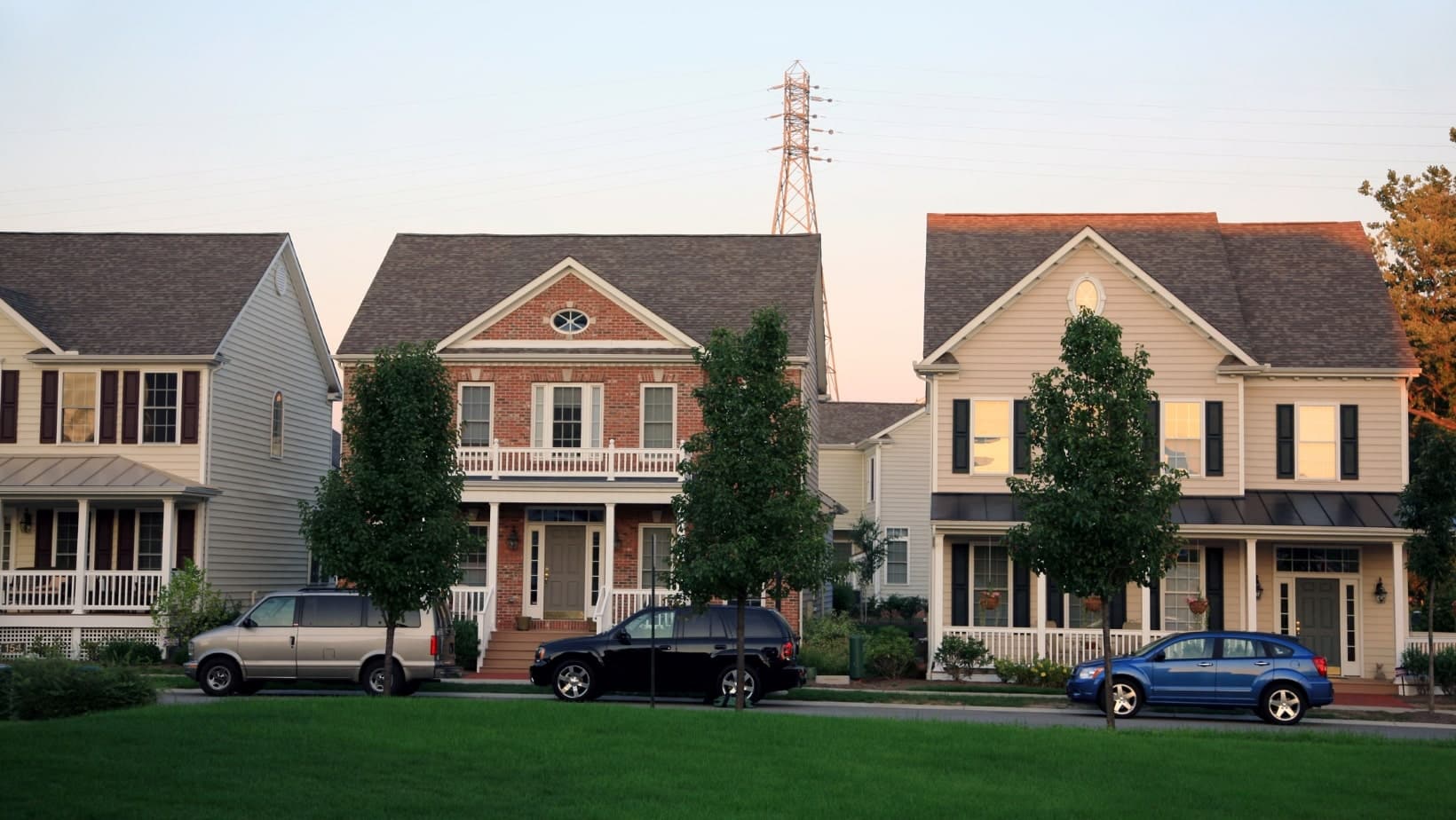
Exceptions and Special Situations
Let’s be real — life doesn’t always fit neatly into the rules, and that’s where exceptions become essential. HOA parking regulations are there to create order, but they also leave room for special circumstances.
Whether it’s a festive celebration or an unexpected emergency, some situations call for a little flexibility. Here’s a closer look at situations where the usual rules might take a backseat:
Temporary Rules for Events
Got a holiday block party planned? Or maybe a community yard sale is taking over the neighborhood? During events like these, HOAs often tweak the usual parking rules to make life easier for everyone.
They might set up overflow parking, relax certain restrictions, or provide clear guidelines to keep things running smoothly. So, instead of worrying about a parking ticket, you can focus on enjoying the moment.
Disability Accommodations
Parking rules can feel rigid, but when it comes to residents with disabilities, the Fair Housing Act ensures there’s room for understanding. HOAs are legally required to provide reasonable accommodations, like accessible parking spots or exceptions to usual rules for individuals with mobility challenges.
So, if you or a loved one needs extra consideration, don’t hesitate to ask — it’s your right.
Emergencies
When nature strikes — whether it’s a snowstorm blanketing the streets, a flood cutting off access, or another emergency — it can turn parking into chaos. When that happens, HOAs often step in with temporary changes, like allowing parking in typically restricted zones to prioritize safety and convenience.
No one’s going to tow your car if it’s parked out of place during a blizzard — at least, they shouldn’t!
These exceptions show that while rules are essential, they’re not written in stone. HOAs aim to support their communities, adjusting the playbook when the situation calls for it. After all, parking policies are meant to help, not hinder, and a little flexibility goes a long way in keeping things fair and manageable.
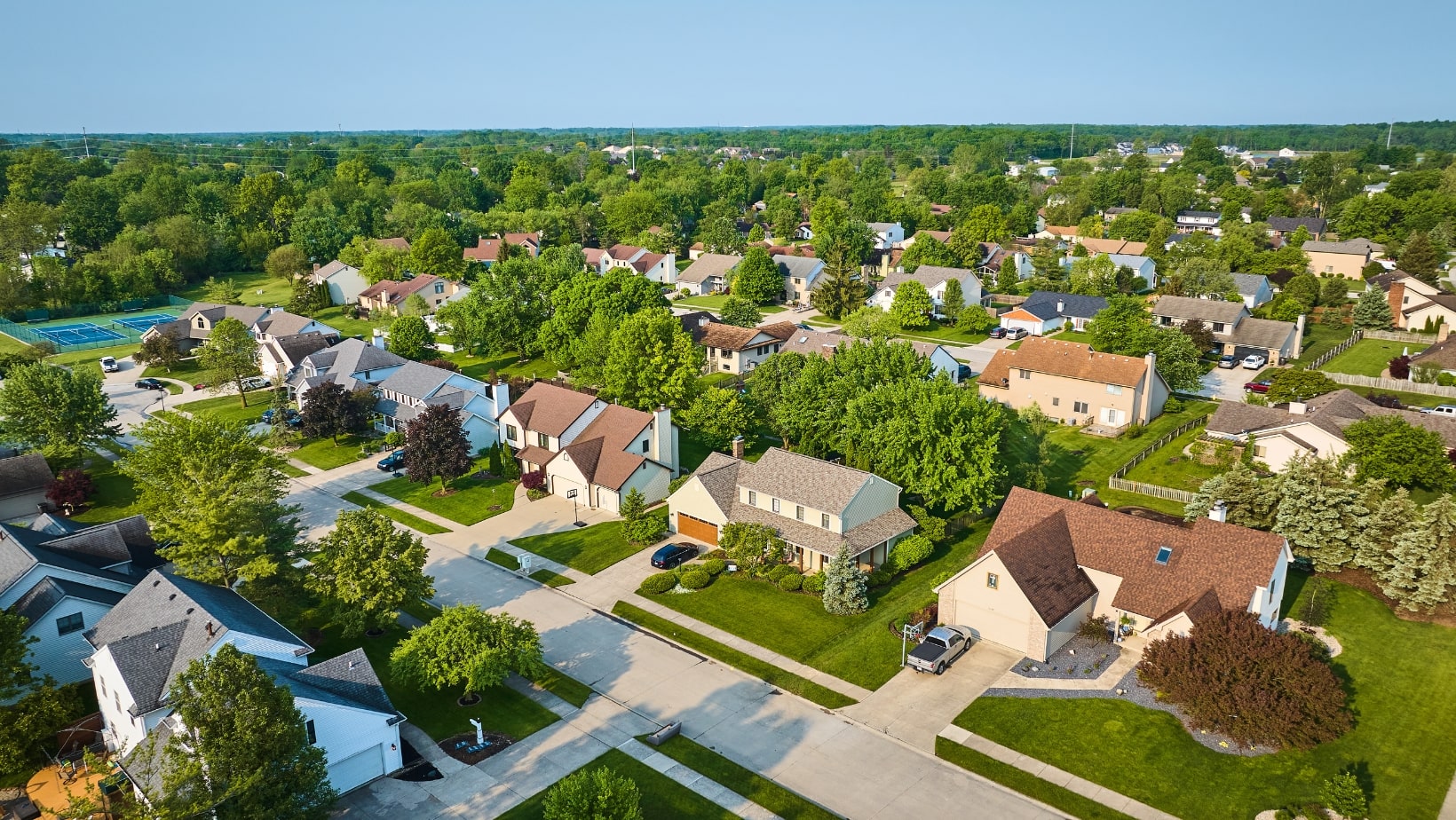
Can HOA Parking Rules Be Changed?
Absolutely! HOA parking rules aren’t carved in stone — thankfully. If you and your neighbors feel like the current rules are outdated, don’t work for your growing community, or just don’t make sense, there’s a process to get things updated.
Updating these rules can help bring more harmony and practicality to your neighborhood. Let’s break it down:
Why Update Rules?
Not all HOA rules age gracefully. Maybe your neighborhood has grown, and the parking rules no longer fit the reality of how people live. Or perhaps the rules are so restrictive that they’ve become a constant source of frustration for residents.
Whatever the case, outdated or unpopular rules are prime candidates for a refresh. If the majority agrees, it’s worth revisiting the guidelines to keep them relevant and fair.
Communities thrive when their guidelines reflect the needs and preferences of the people living there.
The Process of Change
So, how do you actually go about changing HOA parking rules? It starts with understanding your HOA’s process, which might include submitting a proposal, gathering signatures from fellow residents, or presenting your case at a board meeting.
Most HOAs have clear steps in place for proposing rule changes, and once you get settled, it often comes down to a community vote. This is your chance to rally support and make your case for why the changes will benefit everyone.
Building Consensus
Updating parking rules often means you’ll need to get people on board. Changing rules isn’t something you can do solo — it’s a team effort. Start by talking to your neighbors to understand their concerns and opinions.
Are they struggling with visitor parking? Do they feel like the current rules are too strict? When you approach the board, come prepared with these insights and show that you’re representing more than just your own voice.
Being open, reasonable, and willing to compromise goes a long way in building trust and support.
Tips for Homeowners to Navigate HOA Parking
Dealing with HOA parking rules doesn’t have to feel like solving a riddle! With a little strategy and some creativity, you can avoid parking headaches and keep your HOA happy.
Here are some tips to help you navigate the twists and turns of HOA parking policies:
1. Proactive Communication
If you’re confused or frustrated about parking rules, don’t keep it to yourself. Most HOA boards appreciate when residents come to them with clear, respectful communication instead of complaints.
If you’re running into issues — maybe there aren’t enough guest spaces, or the rules seem unclear — reach out. Send an email, attend a meeting, or even request a quick chat with the board members.
When you approach them calmly and with specific concerns, you’re much more likely to get solutions instead of resistance. And don’t forget to suggest compromises! For example, you might propose temporary parking passes for visitors or reassigning underutilized spaces.
2. Staying on Top of Changes
HOAs have a knack for tweaking their rules, and parking is no exception. One month, you might be fine, and the next, there’s a memo about a new towing policy. To avoid unpleasant surprises, make it a habit to stay informed.
Read the HOA newsletters (yes, even the boring ones), check emails, and swing by meetings when you can. Staying in the loop ensures you’re always aware of new updates, and it saves you from accidental fines or getting your car towed.
Plus, being informed gives you the upper hand if you need to raise questions about changes.
3. Practical Hacks
If parking feels like a daily battle, get creative. Talk to your neighbors — maybe you can work out a system to share spaces if you have opposite schedules. Another idea? Look into alternative transportation, like carpooling with coworkers or even biking for short trips.
Not only does this free up space, but it’s also great for cutting down on gas and stress. And don’t forget about apps or online platforms that help with coordinating parking — sometimes, tech can solve what feels like an unsolvable issue.
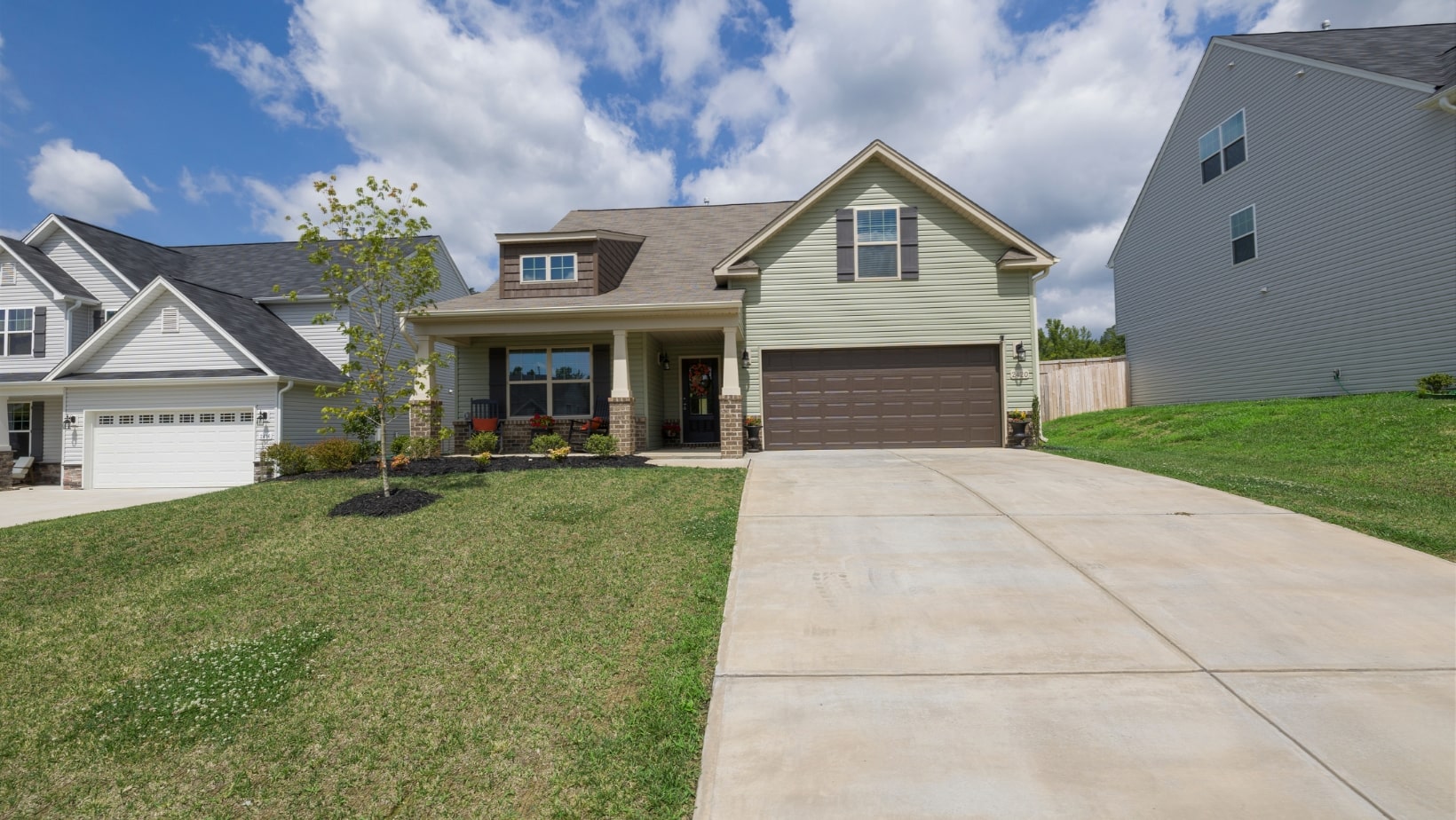
The Legal Side of HOA Parking Rules
Finally, here’s the lowdown on how local and state laws, professional help, and the right resources can make dealing with these rules a whole lot easier.
Local and State Laws
Did you know your HOA’s parking rules don’t exist in a vacuum? Local and state laws can play a big role in what your HOA can enforce. For example, state laws might limit your HOA’s ability to tow vehicles or dictate how much control they have over public streets in your neighborhood.
Understanding the intersection of local laws and HOA rules could make all the difference in fighting an unfair ticket. It’s worth taking a moment to brush up on these laws so you’re not caught off guard.
When to Get Legal Help
If you’re feeling stuck in a parking dispute, you’re not alone. Maybe the HOA says your car is too big for the driveway, or they’re towing vehicles left and right without proper notice. Whatever the issue, you’ve got options.
- Start by having a conversation with your HOA board — sometimes all it takes is a calm, clear explanation to resolve the problem.
- If that doesn’t work, consider mediation or arbitration, which are less intense (and less expensive) than taking legal action.
- And if it still feels like you’re hitting a brick wall, it might be time to consult an HOA attorney. They’re experts at untangling these situations and can offer guidance specific to your neighborhood’s rules and your state’s laws.
Resources for Homeowners
The good news? You’re not in this alone. We’ve got tons of resources to help you understand your rights and make informed decisions. For starters, we’ve put together some state-specific guides to help you learn how your local laws stack up against your HOA’s parking rules.
You can also explore our free resources for HOA living that can help you understand everything you need to know about HOAs. They’re a great way to get reliable advice without spending anything.
Frequently Asked Questions (FAQs)
- Can my HOA restrict parking in the driveway?
Yes, your HOA can place restrictions on parking in your driveway, but these rules must be clearly stated in the community’s governing documents, such as the CC&Rs (Covenants, Conditions, and Restrictions). Some HOAs enforce driveway parking rules to maintain a uniform neighborhood appearance or ensure vehicles don’t block sidewalks or emergency access. If you’re unsure, check your HOA’s guidelines or attend a board meeting for clarification.
- Can my HOA tow my car?
It’s possible, but only under specific circumstances. HOAs typically have the authority to tow vehicles that violate established parking rules, such as parking in a fire lane, blocking access, or exceeding the time limits for guest spots. However, they must usually follow local towing laws, including providing proper notice or warnings. If your car has been towed, contact the HOA or management company to understand the reason and confirm it was done lawfully.
- What should I do if my neighbor is repeatedly violating parking rules?
Start by addressing the issue directly and politely with your neighbor—they may not be aware of the rules. If the problem continues, document the violations (e.g., take note of dates and times) and report them to your HOA. Many HOAs have processes in place to handle complaints and enforce rules. Keep the communication respectful, and let the HOA take it from there to avoid escalating the situation.
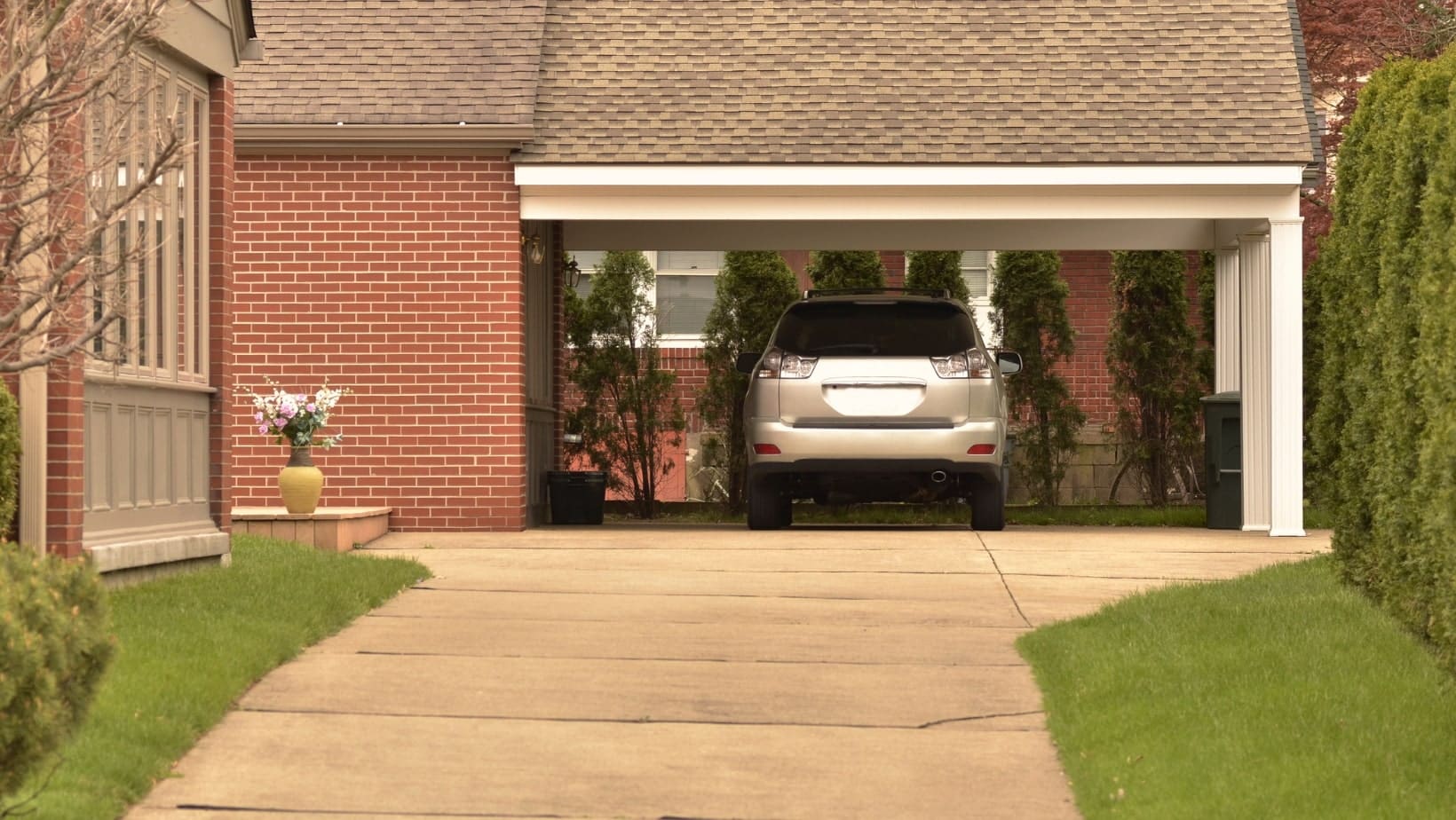
Key Takeaways
Parking rules in an HOA might feel like a hassle at times, but they’re designed to keep your community organized, safe, and enjoyable for everyone.
For homeowners, it’s all about understanding the guidelines and working with your HOA to address any concerns. For HOA boards, crafting fair, clear, and enforceable policies is key to keeping the peace and avoiding conflicts. It’s a two-way street where communication and collaboration can make a huge difference.
Got a parking issue that’s keeping you up at night? Or maybe you’re an HOA board member trying to fine-tune your policies? Don’t go it alone! Our membership plans give you unlimited access to experienced HOA attorneys who can help you navigate these challenges with ease.
Join now and get the support you need!

